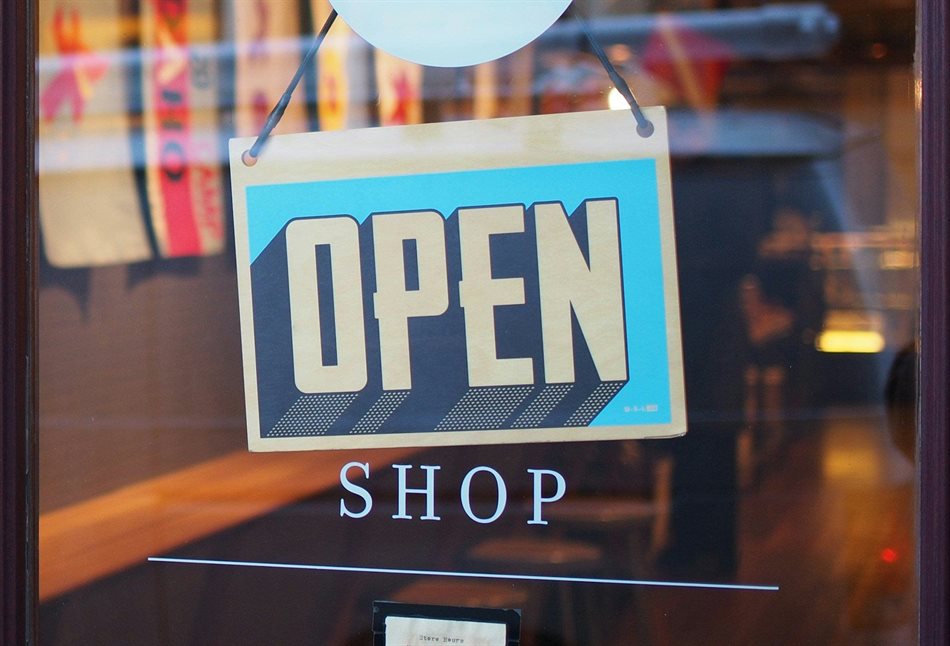Physical retail businesses remain crucial in the South African landscape, catering to the preferences of many customers. However, as e-commerce continues to surge, these businesses will experience challenges competing with industry giants like Amazon.
The trends outlined below are essential considerations for a thriving retail business in an increasingly online world. While they're not a one-size-fits-all, these trends can complement a strong physical presence, ensuring businesses attract and retain customers efficiently.
Here are the four trends that will have the biggest impact on the way companies do business:
1. The e-commerce boom is here to stay
According to Statista, the revenue in the African e-commerce market is projected to witness sustained growth, reaching $51.25bn by 2028, reflecting a 42.2% increase. With consumers embracing the ease and immediacy of shopping online, their infatuation with buying goods and services online has bloomed into an ongoing love affair and today, you can set up and operate an e-commerce store in a matter of hours.
Setting up and operating an online store is now swift and convenient for both businesses and customers. Seamless payment tools contribute to the ease of managing payments online.
2. TikTok emerges as the star of social commerce
The surge of youth-driven trends, particularly on TikTok, has become a game-changer for physical retailers. In 2024, TikTok has evolved into a social commerce powerhouse, offering a vibrant space for businesses to showcase products, connect with a diverse audience, and drive sales directly.
With its embedded features, advertising tools, and widespread consumption, TikTok provides a unique avenue for physical businesses to enhance their trading strategies. The platform's ability to convert followers into revenue amplifies its value, fostering brand loyalty and creating a dynamic online presence that complements the traditional retail experience.
For physical retailers, embracing TikTok translates into an innovative approach to expanding reach, engaging customers, and staying relevant in the ever-evolving retail landscape.
3. Data privacy and online safety is top of mind for consumers
With data privacy and online safety becoming paramount for consumers, physical retailers have a unique opportunity to provide a secure shopping experience both in-person and online.
By proactively communicating how customer information is used, ensuring compliance with the Protection of Personal Information Act (POPI Act), and prioritising a safe customer experience, physical retailers can take the lead in addressing these concerns and building trust with their customers.
4. A demand for 24/7 customer service
While the trend in the industry leans towards 24/7 service, chatbots, and AI, it's essential to acknowledge that many businesses in the segment may struggle to afford constant availability. In this scenario, local retailers have a unique opportunity to showcase their personalised customer service.
While exploring technologies for automation to simplify and enhance efficiency, physical businesses should remember what makes their customers loyal: the enjoyment of personal interactions and those special touches that only they can offer.
Striking a balance between leveraging technology for streamlined services and preserving the charm of personal customer engagement can be a winning strategy for local retailers.
Lena Smith, head of retail for Yoco says, “The value of in-store shopping for a customer has not diminished just because online shopping is growing in popularity. In a retail environment, customers can touch and engage with products before purchase. For this reason, a digital business like Yoco made the call to move into physical spaces. By partnering with some of South Africa’s largest retailers, we are increasing our exposure, allowing customers to see our physical products before purchasing. Plus with quick and easy set-up, customers can start transacting on the day of purchase – who doesn’t love instant gratification?”



































